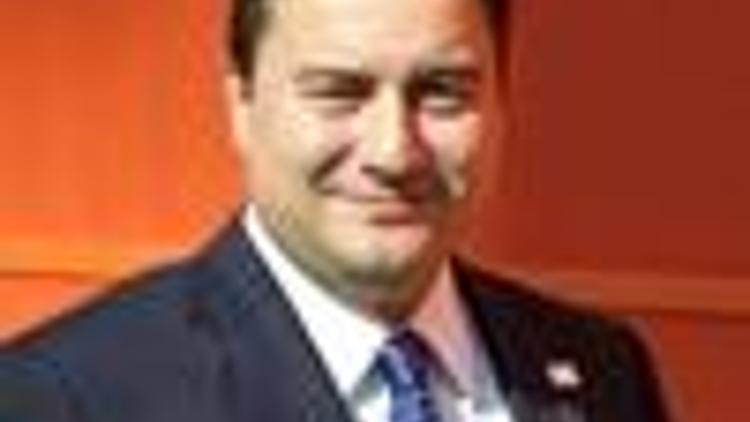Hurriyet English
Oluşturulma Tarihi: Temmuz 16, 2008 13:52
Turkey has been holding talks with the sides involved in the row over Iran's nuclear activities at the request of Tehran and Western countries, the foreign minister said on Wednesday. Iranian Foreign Minister Manouchehr Mottaki is due to visit Turkey on Friday. Babacan also expressed his hope for a solution to Israel and Syria conflict. (UPDATED)
"Both Iran and the countries who prepared the (incentives) package want Turkey to somehow be involved in the issue... We have been holding talks with all sides for a while in an unidentified framework," Ali Babacan told in an interview with broadcaster NTV. He declined to give further details on the potential role of Turkey.
Turkey has intensified its role as a regional player, including mediating between Syria and Israel. Turkey has good relations with both Iran and Western countries, including the United States.
Babacan stressed Turkey insisted on dialogue to resolve the crisis between its eastern neighbor and the U.S.-led Western powers who suspect Tehran of secretly developing nuclear weapons.
"We believe that dialogue is the main instrument for a solution... There is a deep confidence gap between the two sides and dialogue is the way to bridge it," he told NTV.
He added Mottaki would pay an official visit to Turkey on Friday, a day after the U.S. president's top security advisor, Stephen Hadley. Babacan expects Iran's nuclear program would also be high on the agenda of his talks with Hadley.
Neither the United States nor Israel have ruled out military action against Iran to stop its nuclear program, although Washington has repeatedly said it favors diplomacy.
In a major policy change, Washington announced it would send a senior diplomat to attend meeting in Geneva between EU foreign policy chief, Javier Solana and Iranian nuclear negotiator, Saeed Jalili on Saturday on the latest proposals to end the standoff.
Western powers and Israel -- believed to be the only nuclear-armed state in the Middle East -- fear that Iran's uranium enrichment program is aimed at producing a nuclear weapon. Tehran insists it is for peaceful energy purposes only.
ISRAEL-SYRIA TALKS
Babacan also expressed his hopes for a solution to Israel and Syria conflict, adding both parties have "the political will" to ease tensions. "Both sides have the political will for a solution... There is hope. We wouldn't have engaged in the negotiations if there weren't," Babacan added.
Israel and Syria will hold a fourth round of indirect talks soon, and the meeting is planned to be held in Istanbul in "the coming weeks," he added.
Israel and Syria both have "the political will" to end tensions between them and will hold a fourth round of indirect talks soon, Turkeys foreign minister said Wednesday.
Turkish mediators have been shuttling between the Israeli and Syria negotiators through three previous rounds of indirect talks since May. The talks have been conducted in secret in Istanbul and results have not been made public.
Babacan said Turkey is trying to get both sides to meet in person. The Israeli and Syrian delegations are staying in separate hotels in the city, he said. "The sides do not want to meet face to face until they have reached a certain level," Babacan said.
Syria's President Bashar Assad said last week the talks could move toward direct contact but suggested that would not happen until the United States has a new president. A new U.S. president will be elected in November and take office in January 2009.
Syria demands that Israel return the Golan Heights, a strategic plateau Israel captured in the 1967 war. Israel has previously agreed in principle, but the two sides could not agree on a final border or terms of peaceful relations. Previous peace talks between Syria and Israel broke down in 2000.
Babacan said he hoped the peace overtures would lead to solutions to other tensions, including peace between Israel and Lebanon.


